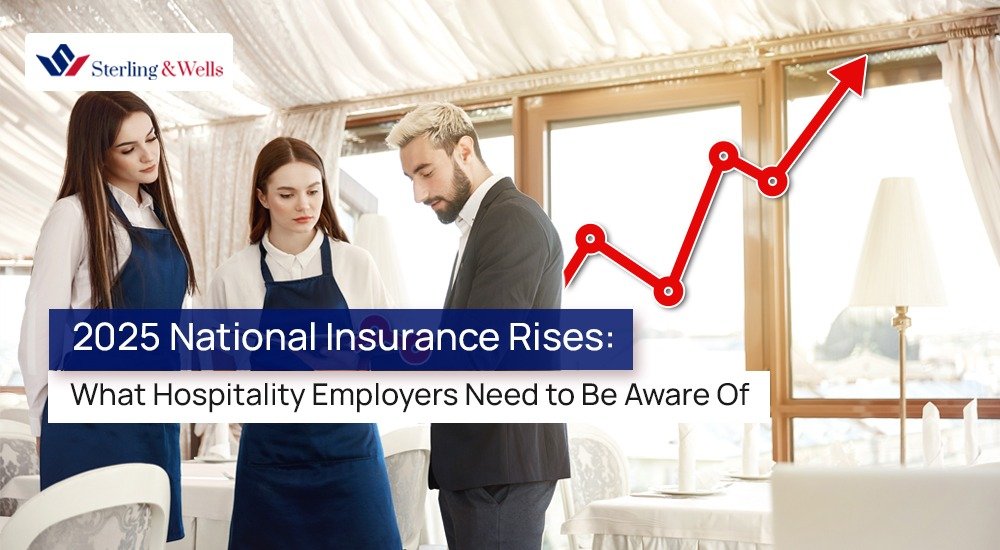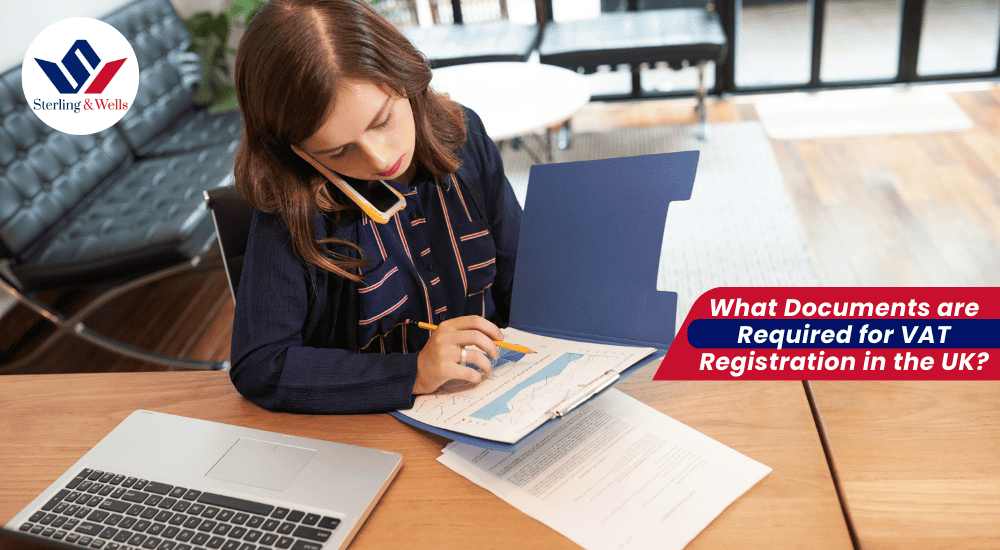Picture this: it’s a Friday evening in your restaurant, it’s full, the room buzzing with chatter and laughter. Your greatest concern used to be keeping up with orders, juggling staff rotas, and making the customer experience as good as possible. But now, in 2025, there is a new player in town, one which you can’t see, touch, or taste, but which has an impact on every pay packet and transaction: the National Insurance rise. If you’re running a hospitality business in the UK, these new changes could be the difference between success and mere survival.
Let’s slice through what’s different, how that affects you, and what you can actually do about it. In an easy-to-understand kind of way, of course, because, let’s be real, you’ve got enough on your plate already.
What's Happened With National Insurance in 2025?
The government, in the Autumn 2024 Budget, introduced some eyebrow-raising reforms. From 6 April 2025, employer National Insurance contributions (NICs) increased from 13.8% to 15%. It’s not a minor change, it’s one that adds up for every employee you have. And that’s not the end of it. The threshold at which you start paying employer NICs is reduced from £9,100 a year to £5,000. That drives more of your employees’ earnings into the taxable area and increases your overall payroll bill.
If you employ staff on the National Living Wage, there’s an additional sting: the NLW for employees aged over 21 has increased to £12.21 an hour, once more contributing to the cost base of hospitality firms.
The reasoning, according to the government, is to bolster public finances and support the NHS. But the practicality for hospitality is less rosy. You’re already facing persistently high inflation, labour shortages, and rising energy costs. And now, these tax changes arrive at a moment when the industry already operates on razor-thin margins.
How Does the NI Hike Impact Your Hospitality Business?
Even if you run a tight ship, the increased employer NIC will mean more cost per employee. For example, the annual employer National Insurance for a full-time minimum wage worker goes up from £1,617 to £2,583. If you employ dozens (or hundreds) of staff, that number gets multiplied out, which results in a big chunk of your profits gone.
Pubs, hotels, restaurants, and bars feel this keenly. The sector is a huge industry in the UK economy with over 3.5 million jobs and £90 billion in value. But as you know, small restaurants and independent cafes are just as vulnerable as large hotel chains. This is not just a question of breaking even every month; it is the difference between being able to expand the business and not, or between being able to hire more staff and having to consider making cuts.
And don’t overlook your employees. Increased NICs eat into their take-home pay, which is not desirable when the cost-of-living continues to rise.
The Double Whammy: Reduced Thresholds and Increasing Wages
Not only do you pay a higher percentage, but you start paying it on more of your payroll. Any employee earning over £5,000 a year now has employer NIC contributions. You used to have some wiggle room, but that door is now closed.
While the new National Living Wage mandates workers be paid more by the hour. Brilliant for workers but making payroll costs rocket if you’re offering minimum wage shifts, which is a common scenario for frontline hospitality workers.
What Can You Do? Adapt, Don't Panic
This can all feel scary or even depressing but relax. You do have some options, even if none of them are perfect.
Many businesses are considering strategic adaptations:
-
Menu engineering
Small changes to your food and drink menu can help maintain margins without deterring consumers.
-
Optimizing staff rotas
Smarter rota planning, flexible working, and using digital technology to remove wasted labour costs.
-
Upskilling staff
Upskilling existing staff so that you can achieve more with leaner teams. Fewer but more skilled staff can sometimes deliver the same value.
-
Pricing review
It's a temptation to merely raise prices to fund new expenditures, but customers are price-sensitive. Consider value-added packages, bundles, or premium experiences instead of across-the-board increases.
-
Maximizing Employment Allowance
The government doubled the Employment Allowance from £5,000 to £10,500 from April 2025 and removed the £100,000 threshold for eligibility. This can assist numerous small to medium businesses in funding a portion of NIC expenses, which you must make sure you're claiming if you qualify.
-
Technology investment
Automation (either in ordering systems or stock control) can quite frequently save more than it costs and help you to run a leaner business.
The Human Element: Staff and Customers
You cannot talk about hospitality without putting people first. Passing on costs to customers is tempting but risky. Too high a price rise endangers losing regulars or deterring new ones, especially with such a competitive sector.
However, reducing staff numbers or hours may conserve cash flow in the short term, but compromised service quality or longer lines can backfire and damage your reputation. The key is in the balance: protecting business viability without undermining the unique experience you offer.
Employees, especially younger workers and those in part-time roles, will notice the changes in their pay packets. Communication is key. Be up-front and transparent with staff about what’s changing, why, and what you’re doing to support them.
The Wider Outlook: What’s Next for Hospitality?
Industry leaders have already warned that tens of thousands of hospitality jobs are at risk following the early announcements, with projections of as many as 69,000 jobs lost since Autumn 2024. If the combined effect of higher NI, higher wages, and inflation spiral, some predict as many as 200,000 could be under threat. What does this mean for you? Being flexible and informed isn’t not only better, it’s essential.
Trade bodies and business groups are calling for more support for lower-paid staff and those firms worst affected by the new restrictions. Watch out for further changes, consultations, and mitigation measures that will emerge as the knock-on consequences are more fully felt in 2025.
What does This Mean for You—Right Now?
-
Check your payroll
Do the maths so you understand what the changes actually represent to your business. Are you maximizing all relevant government allowances?
-
Employee communication
Talk to your staff! Make sure they understand how these changes affect their remuneration. It's all about trust and transparency.
-
Pricing strategy
Consider how, when, and if prices should change. It has an impact on customer relationships.
-
Technology and efficiency
Invest in software or processes that minimize back-office cost and maximize front-of-house value.
-
Stay informed
This is a period of rapid legislative and economic change. Keep up with updates; consultation periods are customary, and sometimes policies are altered after industry responses.
Conclusion
2025 is a challenging year for UK hospitality, with National Insurance hikes coming in the middle of a multitude of other financial headwinds. But you’ve weathered storms in the sector before, and with the right plan, you can do it again.
Hospitality is all about people, experiences, and ingenuity. Even as the rules change, so does your ability to adapt. Use this moment to review, adjust, and innovate. And remember, you’re not alone; plenty of resources exist to help, from government allowances to sector-specific business advice.
If you’re an employer in the hospitality industry, take the time now to run your payroll, talk to your employees, and review your business plan around these new costs. You owe it to yourself, your staff, and your guests. The changes are significant, but with smart, calm response, you can keep delivering the unforgettable experiences that customers count on you for.
Hospitality is resilient. So are its leaders. The 2025 National Insurance rise may be the challenge of the moment, but with information and action, you can get ahead and make your business thrive.






